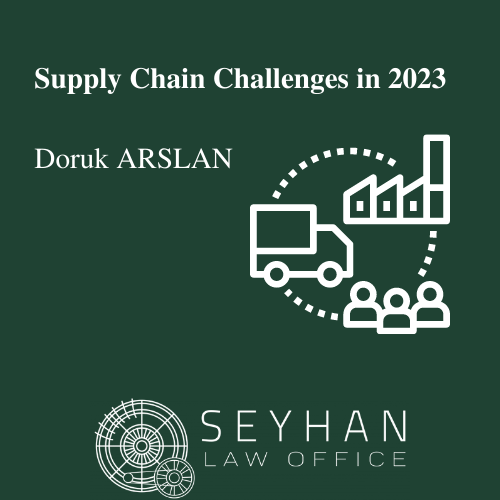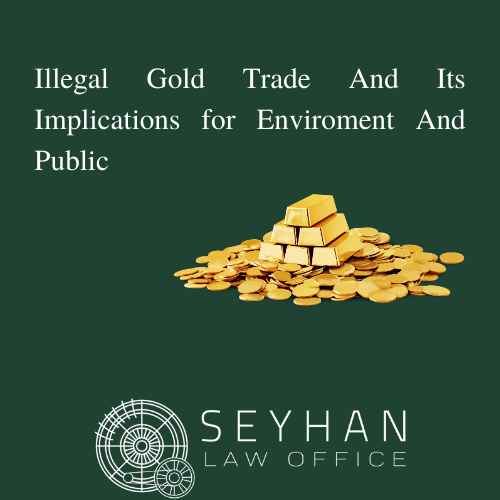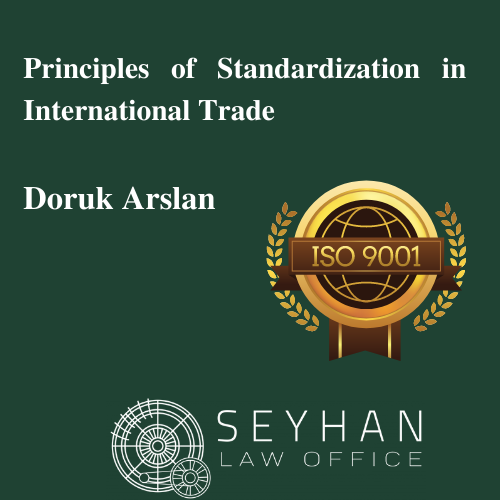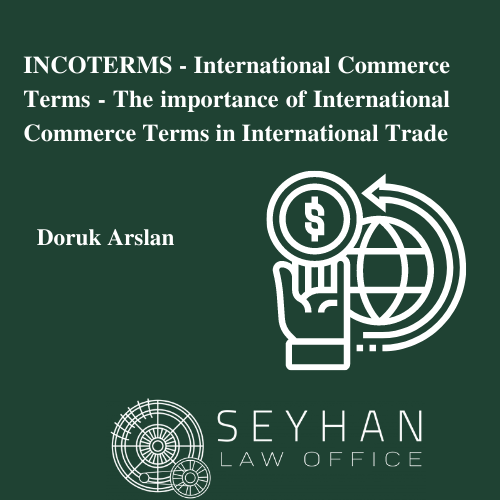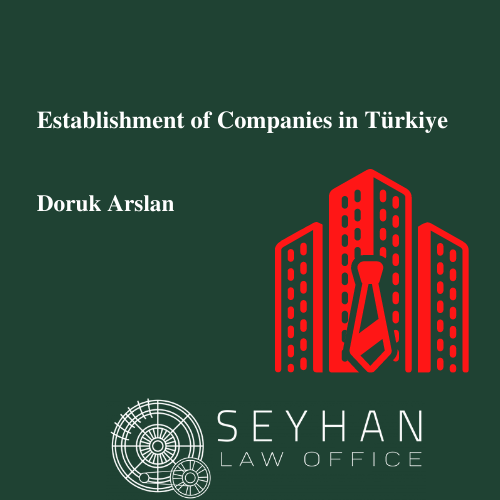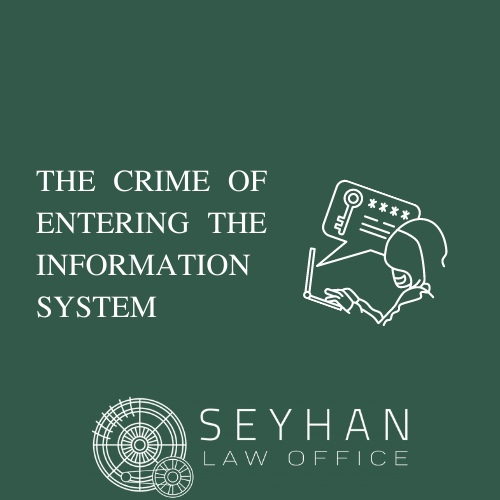INCOTERMS – International Trade Terms – A list of International Trade Terms established by the International Chamber of Commerce (ICC). These are the conditions that determine the responsibilities of the parties in international trade activities. It is widely used in international commercial activities, and its use is often encouraged by courts, lawyers, and commercial advisory agencies.
These are three-letter terms. The most important purpose of these is in International Carriage of Goods: to determine the activities, costs and risks. INCOTERMS add clarity to contracts regarding liability – that is, the transport costs of the goods up to the destination of the goods and the risks associated with it.
INCOTERMS are used by the world’s states and various national and international organizations to identify the most common practices in international trade. In this way, disputes that may arise due to differences in foreign trade legislation in different countries are eliminated. Therefore, they are used in commercial contracts all over the world.
INCOTERMS are only determined by the ICC because they are a registered trademark of the ICC.
The first International Trade Regulations were published by the ICC in 1923, but were first published as INCOTERMS in 1936.
There are specific terminology used in incoterms:
Delivery: It is the moment when the risk of damage or loss related to the goods passes from the seller to the buyer.
Arrival: It is the moment when the transportation is paid in incoterms.
Free: The seller has the responsibility to take the goods to a designated address and deliver them to the carrier.
Carrier: any person who, in a contract of carriage, undertakes to carry out or cause to be carried out the carriage by rail, road, air, sea, inland waterway or a combination of such modes
Freight Forwarder: A firm/party that adjusts or helps arrange transportation
Terminal: It can be an indoor or outdoor area, stock, dock, road, railway or air cargo terminal
To clear for export: Sending the export declaration of the carrier and obtaining the export permit.
INCOTERMS are a set of three-letter trade terms used in international trade to clearly define the responsibilities of buyers and sellers. There are 11 different INCOTERMS, and each one outlines the responsibilities for delivering goods from the seller to the buyer.
EXW (Ex Works) – The seller’s only obligation is to make the goods available at their premises. The buyer bears all costs and risks involved in taking the goods from there to the destination.
FCA (Free Carrier) – The seller delivers the goods to the carrier nominated by the buyer at the seller’s premises. The seller is responsible for loading the goods on the means of transport. The buyer assumes all costs and risks from this point onwards.
FAS (Free Alongside Ship) – The seller delivers the goods alongside the ship at the port of shipment. The buyer assumes all costs and risks of loss or damage to the goods from this point onwards.
FOB (Free on Board) – The seller delivers the goods on board the ship at the port of shipment. The buyer assumes all costs and risks of loss or damage to the goods from this point onwards.
CFR (Cost and Freight) – The seller delivers the goods on board the ship at the port of shipment. The seller pays the cost of transport to the port of destination and assumes the risk of loss or damage to the goods until they are on board the ship.
CIF (Cost, Insurance, and Freight) – The seller delivers the goods on board the ship at the port of shipment. The seller pays the cost of transport to the port of destination, arranges for and pays for the insurance and assumes the risk of loss or damage to the goods until they are on board the ship.
CPT (Carriage Paid To) – The seller delivers the goods to the carrier at the port of shipment. The seller pays the cost of transport to the port of destination and assumes the risk of loss or damage to the goods until they are handed over to the first carrier.
CIP (Carriage and Insurance Paid To) – The seller delivers the goods to the carrier at the port of shipment. The seller pays the cost of transport and arranges and pays for the insurance to the port of destination and assumes the risk of loss or damage to the goods until they are handed over to the first carrier.
DAP (Delivered at Place) – The seller delivers the goods to the place specified by the buyer. The seller is responsible for all costs and risks involved in getting the goods to the specified place.
DPU (Delivered at Place Unloaded) – The seller delivers the goods to the place specified by the buyer and is responsible for unloading them. The buyer assumes all costs and risks involved in getting the goods from the port of arrival to their final destination.
DDP (Delivered Duty Paid) – The seller delivers the goods to the place specified by the buyer, clears them for import and pays any customs duties and taxes. The buyer assumes all costs and risks involved in getting the goods from the port of arrival to their final destination.
It’s important to note that these terms only define the responsibilities for delivering goods and do not cover the actual contract of sale. The parties involved in a transaction must agree on which INCOTERM to use and define the specific details of their agreement.
Author and Translator of the Text: Doruk Arslan




